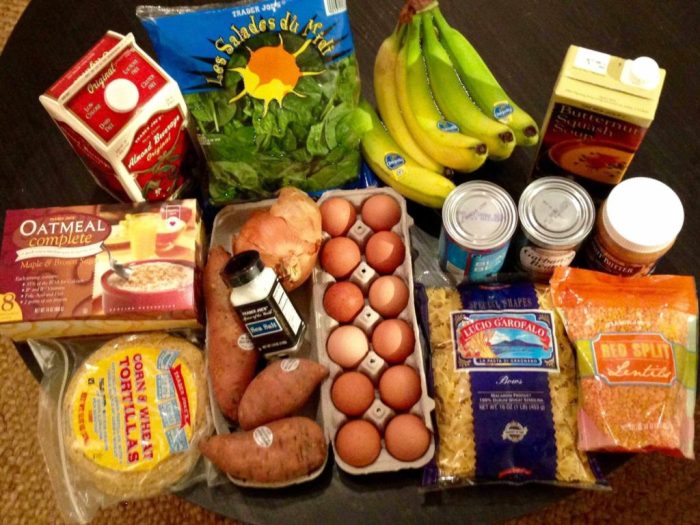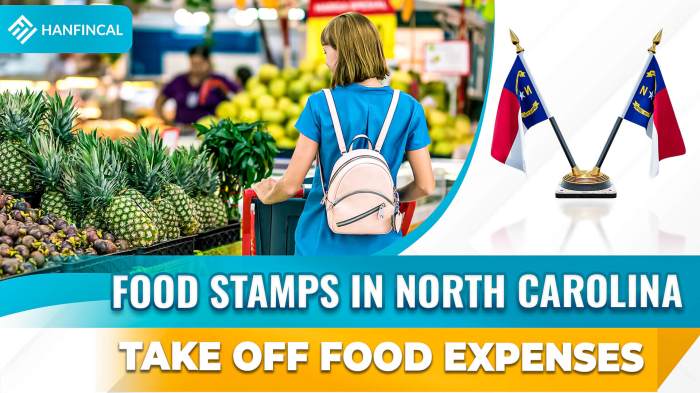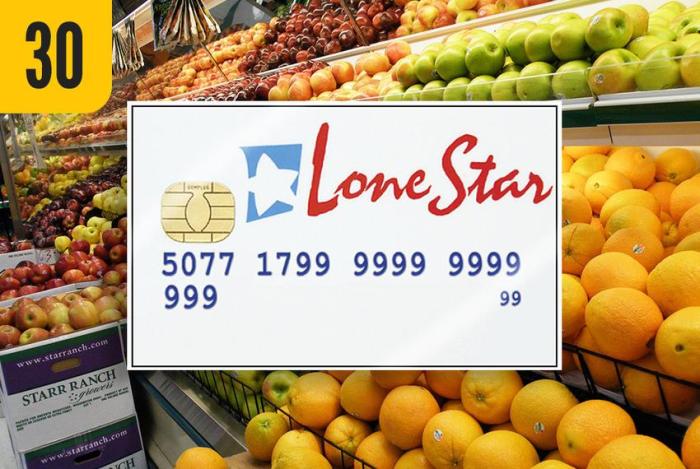In the United States, the Supplemental Nutrition Assistance Program (SNAP), commonly known as food stamps, provides vital nutritional support to low-income individuals and families. However, the eligibility criteria for SNAP can be complex, and individuals with felony convictions may face restrictions or disqualification.
This guide will delve into the intricacies of food stamp eligibility for felons in North Carolina. We will explore the impact of felony convictions, discuss exceptions and alternative assistance programs, and examine the legal and advocacy landscape surrounding this issue.
Felony Convictions and Food Stamp Eligibility

In North Carolina, felony convictions can affect an individual’s eligibility for food stamps. The Food and Nutrition Service (FNS) has established guidelines that determine the impact of felony convictions on food stamp eligibility.
- Drug-related Felonies: Individuals convicted of a felony related to the possession, use, or distribution of controlled substances are generally ineligible for food stamps for a period of one year from the date of conviction.
- Violent Felonies: Individuals convicted of a felony involving the use or threat of violence are generally ineligible for food stamps for a period of two years from the date of conviction.
- Other Felonies: Individuals convicted of other types of felonies may be eligible for food stamps after serving a waiting period of six months from the date of conviction.
Exceptions to Food Stamp Ineligibility for Felons

Despite the general ineligibility of felons for food stamps, there are certain exceptions and circumstances under which they may still qualify for these benefits in North Carolina.
Exceptions
The following are the primary exceptions to food stamp ineligibility for felons in North Carolina:
- Felonies Unrelated to Food Stamp Program: Felons convicted of crimes unrelated to the Food Stamp Program, such as drug possession or nonviolent offenses, may be eligible for food stamps.
- Completion of Drug Treatment Program: Felons convicted of drug-related felonies who have successfully completed a state-approved drug treatment program may regain eligibility for food stamps.
- Work Requirement: Felons who are employed or actively seeking employment may be eligible for food stamps, even if they have a felony conviction.
- Extreme Hardship: Felons who can demonstrate extreme hardship, such as homelessness, lack of income, or medical conditions, may be eligible for food stamps on a case-by-case basis.
Application Process
Felons who believe they may qualify for food stamps under any of these exceptions should contact their local Department of Social Services (DSS) office.
The application process for felons is similar to that for non-felons. They will need to provide proof of identity, income, and expenses. They may also be required to provide documentation of their felony conviction and any relevant circumstances that may affect their eligibility.
Alternative Assistance Programs for Felons
While felons may not qualify for food stamps in North Carolina, there are other assistance programs available to help them meet their basic needs.
These programs provide a range of services, including food assistance, housing assistance, and job training. Eligibility requirements vary depending on the program, but most programs are open to low-income individuals and families.
Supplemental Nutrition Assistance Program (SNAP)
- Target Audience: Low-income individuals and families
- Services: Food assistance in the form of electronic benefits transfer (EBT) cards
- Eligibility Requirements: Income and asset limits
- Contact Information: Local Department of Social Services
Women, Infants, and Children (WIC) Program
- Target Audience: Pregnant women, new mothers, and children under the age of 5
- Services: Food assistance, nutrition education, and breastfeeding support
- Eligibility Requirements: Income and nutritional risk
- Contact Information: Local WIC clinic
Temporary Assistance for Needy Families (TANF)
- Target Audience: Low-income families with children
- Services: Cash assistance, food assistance, and job training
- Eligibility Requirements: Income and work requirements
- Contact Information: Local Department of Social Services
Supplemental Security Income (SSI)
- Target Audience: Disabled adults and children
- Services: Cash assistance and Medicaid
- Eligibility Requirements: Disability and income limits
- Contact Information: Local Social Security office
Impact of Food Stamp Ineligibility on Felon Rehabilitation

Food stamp ineligibility can have detrimental consequences for felons during the rehabilitation process. Lack of access to adequate nutrition can hinder their ability to reintegrate into society and increase the likelihood of recidivism.
Nutritional Challenges and Barriers to Rehabilitation
Food insecurity can lead to a range of health issues, including malnutrition, chronic diseases, and cognitive impairments. These conditions can make it difficult for felons to participate in rehabilitation programs, find employment, and maintain stable housing. Moreover, the stigma associated with being a felon can further limit their access to food assistance programs and other essential services.
Recommendations for Addressing Nutritional Needs
To address the nutritional needs of felons and support their successful rehabilitation, several recommendations can be made:
Expand eligibility for food assistance programs
Removing food stamp ineligibility for nonviolent felons and felonies unrelated to food fraud would provide essential nutritional support during the critical transition period after release.
Provide nutritional education and counseling
Felons often lack knowledge about healthy eating habits and nutrition. Programs that provide education and counseling can empower them to make informed choices and improve their overall health.
Foster partnerships with community organizations
Collaborating with food banks, shelters, and other community organizations can provide additional food assistance and support services to felons in need.By addressing the nutritional needs of felons and providing them with the necessary resources, we can enhance their chances of successful rehabilitation and reduce the risk of recidivism.
Legal Considerations and Advocacy
In North Carolina, the ineligibility of felons for food stamps is primarily based on the Personal Responsibility and Work Opportunity Reconciliation Act of 1996 (PRWORA). This federal law prohibits individuals convicted of drug felonies from receiving Supplemental Nutrition Assistance Program (SNAP) benefits for a period of time.
Recent Court Cases and Legal Challenges
In recent years, there have been several court cases challenging the constitutionality of food stamp ineligibility for felons. One notable case is Weaver v. Heineman (2012), in which the Supreme Court ruled that the PRWORA provision was constitutional but could be subject to exceptions in certain circumstances.
Role of Advocacy Groups
Advocacy groups such as the National Coalition for the Homeless and the Center on Budget and Policy Priorities have played a significant role in raising awareness about the issue of food stamp ineligibility for felons. These groups have advocated for changes to the law, arguing that it unfairly punishes individuals who are already facing significant challenges.
Summary
Navigating the complexities of food stamp eligibility for felons can be challenging. By understanding the criteria, exceptions, and available resources, individuals can make informed decisions and access the support they need to meet their nutritional needs. Advocacy efforts and legal challenges continue to shape the landscape, and it is crucial to stay informed about any changes or updates to ensure equitable access to food assistance.
FAQ
Can felons ever regain eligibility for food stamps in North Carolina?
Yes, felons may regain eligibility after serving their sentence and completing any required probation or parole. However, they must meet the general eligibility criteria, including income and resource limits.
Are there any specific felonies that automatically disqualify individuals from food stamps?
Yes, certain felonies, such as drug trafficking or violent crimes, may result in permanent disqualification from SNAP.
What alternative assistance programs are available to felons who do not qualify for food stamps?
Felons may be eligible for other assistance programs, such as the Temporary Assistance for Needy Families (TANF) program or local food banks and pantries.